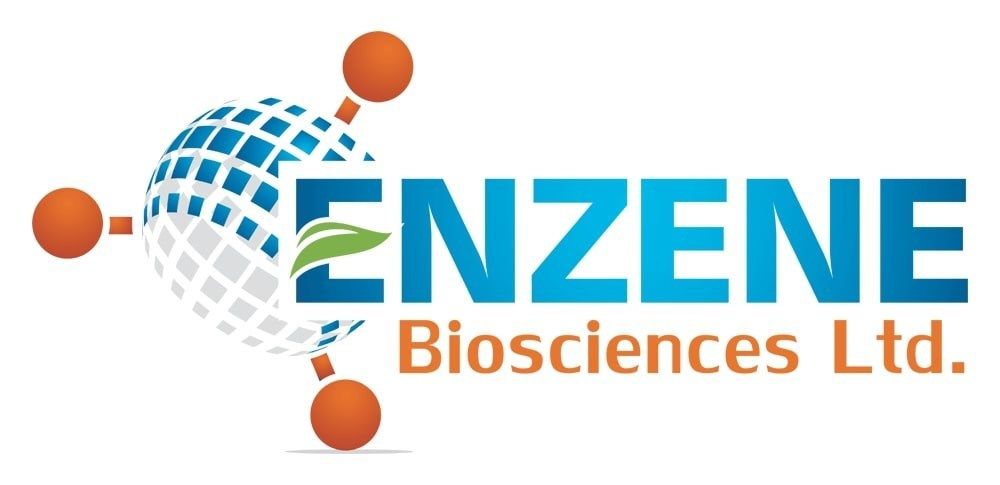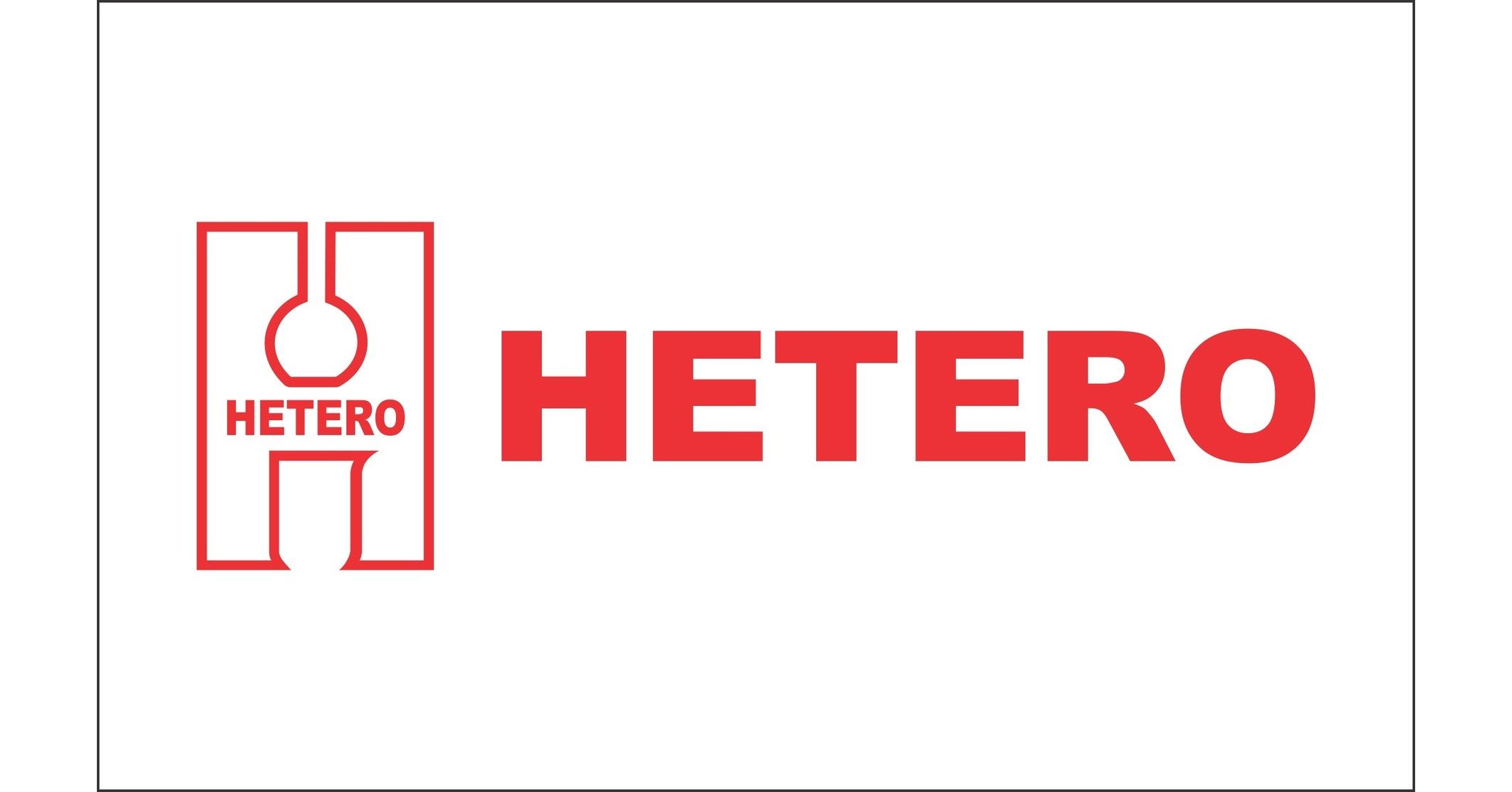- Bone Health
- Immunology
- Hematology
- Respiratory
- Dermatology
- Diabetes
- Gastroenterology
- Neurology
- Oncology
- Ophthalmology
- Rare Disease
- Rheumatology
Enzene and Hetero Gain DCGI Approvals for Denosumab, Tocilizumab Products
Companies that gain Drug Controller General of India (DCGI) marketing authorization are likely in for much more extensive trials if they hope to commercialize their biosimilars on the global platform.
Recent weeks have seen 2 India-based companies announce biosimilar approvals by the Drug Controller General of India (DCGI), with much fanfare.
These products will join the already-large slate of products (70-plus) described as biosimilars on the Indian market, but more extensive testing may be in store if the companies hope to market these products in the United States or European Union.
Hetero of Hyderabad has received emergency use authorization from the DCGI for use of its tocilizumab (Tocira) product in the treatment of hospitalized adults with COVID-19, and Enzene Biosciences of Pune has received marketing authorization from DCGI for a product it describes as a denosumab biosimilar for the treatment of osteoporosis in adults.
Enzene is a subsidiary of Alkem Laboratories, and in a statement Alkem Managing Director Sandeep Singh said the company ultimately intends to initiate global clinical trials for the denosumab product to achieve FDA approval and commercialization in the United States.
Hetero explained that its tocilizumab product would be used in India to counter a shortage of tocilizumab. The originator product is Actemra (Genentech), which has been shown to reduce the risk of death for patients with COVID-19 who are receiving systemic corticosteroids and require oxygen, ventilation, or cardiac and respiratory support (extracorporeal membrane oxygenation).
The drug has also been shown to reduce time spent hospitalized for patients with COVID-19.
Both companies are well-respected biologics producers and are fully capable of producing world-class biosimilars, but the problem is that the standards for biosimilar development in India are not as rigorous as in the United States and Europe, said Sarfaraz K. Niazi, PhD, an adjunct professor of biopharmaceutical sciences at the University of Illinois and a biosimilar consultant and entrepreneur.
Indian authorities don’t require the stepwise approach that characterizes the US biosimilar approval process. This starts with pharmacokinetic and pharmacodynamic analytical studies that can demonstrate similarity to originator biologics with precision.
In India, biosimilar approvals remain dependent on clinical studies that lack the necessary sensitivity, and allowable variations in similarity to originator drugs can be much wider than in the United States, he said.
Clinical studies may immediately reveal differences between chemical drug products, based on patient reactions, but for biologics it may take up to 5 years before patients develop treatment-related adverse events such as autoimmune conditions like Parkinson disease, a nervous system disorder, and Alzheimer disease, a form of dementia, Niazi said.
He acknowledged he hasn't seen the data compiled by Hetero and Enzene that was used to demonstrate biosimilarity, but stated that if Indian authorities don't require world-class standards it's unlikely companies are going to invest the extra dollars to meet them.
“The reason for a stepwise approach is to reduce the risk of approving something that is not biosimilar,” he said. “None of these companies will be able to file for approval in Europe or the United States without additional testing."
Newsletter
Where clinical, regulatory, and economic perspectives converge—sign up for Center for Biosimilars® emails to get expert insights on emerging treatment paradigms, biosimilar policy, and real-world outcomes that shape patient care.


